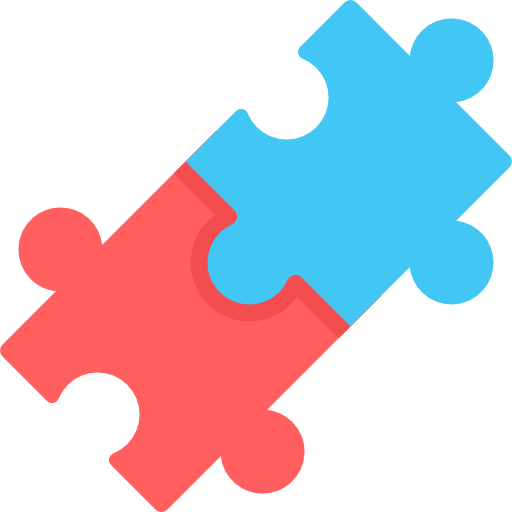Grief Counseling and Therapy in Texas
Grief is a natural response to loss—a process that allows us to heal and move forward. Whether you’re grieving the recent loss of a loved one or coping with unresolved pain from the past, allowing yourself to feel and process these emotions is essential to finding peace.
At Deep Eddy, our grief therapists provide a compassionate, judgment-free space where you can process your feelings, release emotional pain, and begin to rediscover hope.
Call (512) 956-6463
Request for Appointment

Our Approach to Grief & Loss Therapy
At Deep Eddy, we recognize that grief is a deeply personal experience. Our approach to grief counseling is empathetic, personalized, and paced to your comfort level. Our grief counselors help you:
- Honor your unique journey: Grief isn’t linear. We support you in navigating it at your own pace.
- Process complex emotions: Anger, guilt, sadness, or confusion are explored in a safe and supportive environment.
- Reconnect with hope: Using evidence-based methods like mindfulness, cognitive-behavioral therapy (CBT), and narrative therapy, we guide you toward healing and growth.
You don’t have to face this alone. We’re here to help you find the peace and resilience you need to move forward.
How Our Grief Therapy Works
Initial Consultation: We begin by understanding your loss, your grief timeline, and the emotional challenges you’re facing. This allows us to tailor therapy to your specific needs and match you with the right grief counselor.

Tailored Therapy Sessions: Therapy is customized to suit your healing journey. Methods may include mindfulness practices, journaling, creative therapies, or traditional talk therapy.

Ongoing Support: As you progress, we help you recognize milestones, manage setbacks, and incorporate strategies to sustain your emotional well-being.

Grief vs. Depression: Understanding the Difference
Grief and depression often share symptoms like sadness, insomnia, and low energy, but they’re not the same:
- Grief is a natural process that comes in waves and lessens over time, allowing moments of joy or self-worth to emerge.
- Depression is a persistent mental health condition that negatively affects mood, thoughts, and behavior, often without relief.
In some cases, grief and depression can overlap, such as with prolonged or complicated grief. Our grief therapists are trained to differentiate and treat these conditions, helping you regain emotional stability and balance.
Grief Therapy Pricing & Insurance Coverage
We’re committed to making grief therapy accessible. We offer:
- Transparent pricing for all sessions
- Coverage through most major insurance plans
- Sliding-scale fees and financial assistance programs for those in need



Grief Therapy FAQs
How does grief therapy help with loss?
Grief therapy provides a structured, supportive space to process emotions, develop coping strategies, and rediscover a sense of peace and purpose.
How is grief therapy different from talking to a friend?
While friends provide valuable support, a grief therapist offers professional guidance, evidence-based strategies, and a confidential environment for healing.
What happens in a grief therapy session?
Sessions may involve exploring your feelings, identifying patterns in your grief, and developing tools to cope with challenges. Techniques like mindfulness or journaling may be incorporated.
Can therapy help with long-term or complicated grief?
Yes. Our grief counselors specialize in addressing prolonged or unresolved grief, helping clients heal and move forward at their own pace.
Do you offer online grief therapy?
Absolutely. We provide both in-person and virtual sessions to accommodate your needs.
Convenience of Telehealth Therapy
At Deep Centered, we believe mental health care should be accessible, flexible, and tailored to your needs. With our telehealth therapy services, you can receive the same high-quality care from the comfort of your home or wherever you feel most at ease. Whether you’re balancing a busy schedule or prefer the convenience of virtual sessions, we’re here to support you.
Why Choose Telehealth with Deep Centered?
Anywhere, Anytime: Access therapy from your preferred location, no travel required.
Flexible Options: Book sessions that fit seamlessly into your day, including evenings and weekends.
Confidential and Secure: All sessions are HIPAA-compliant, ensuring your privacy and peace of mind.
Eliminate Barriers: Say goodbye to long commutes and waiting rooms.
Take the First Step Toward Better Mental Health
Book now to get scheduled in as soon as 2 days.*
*pending patient availability



